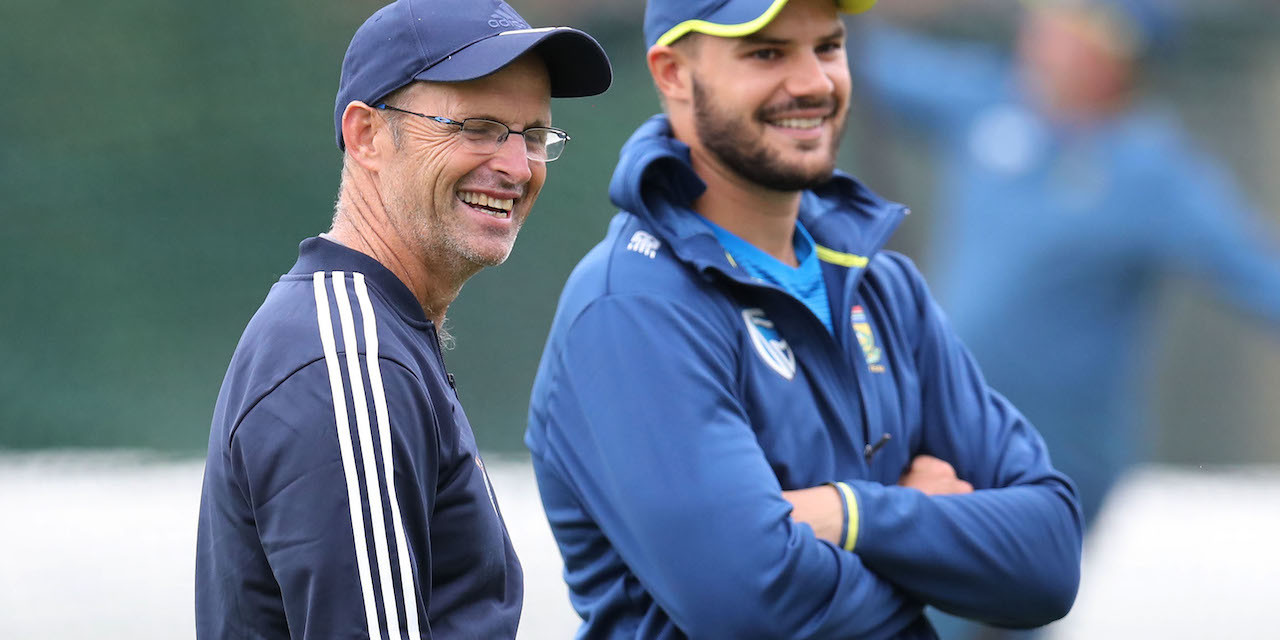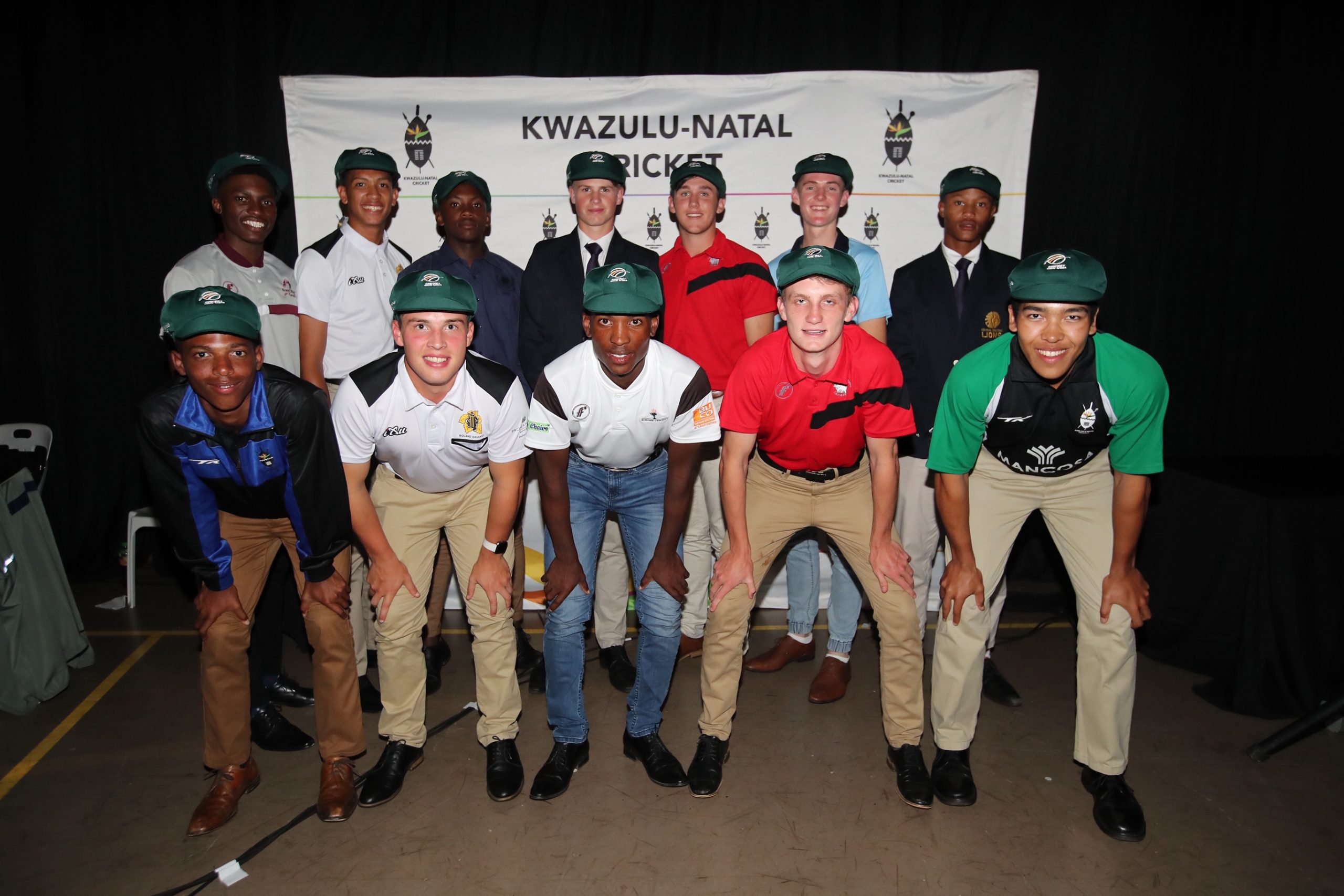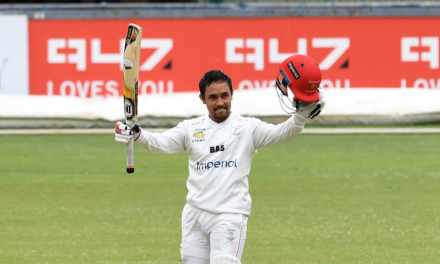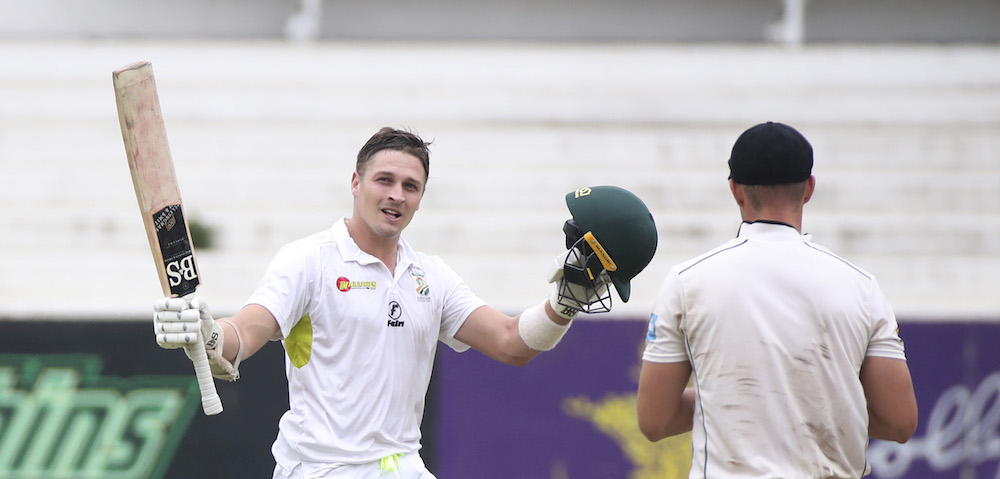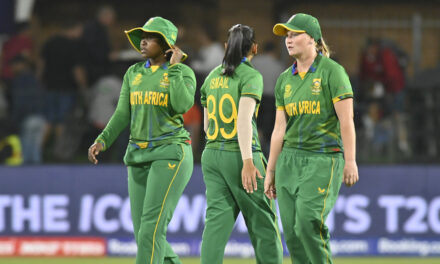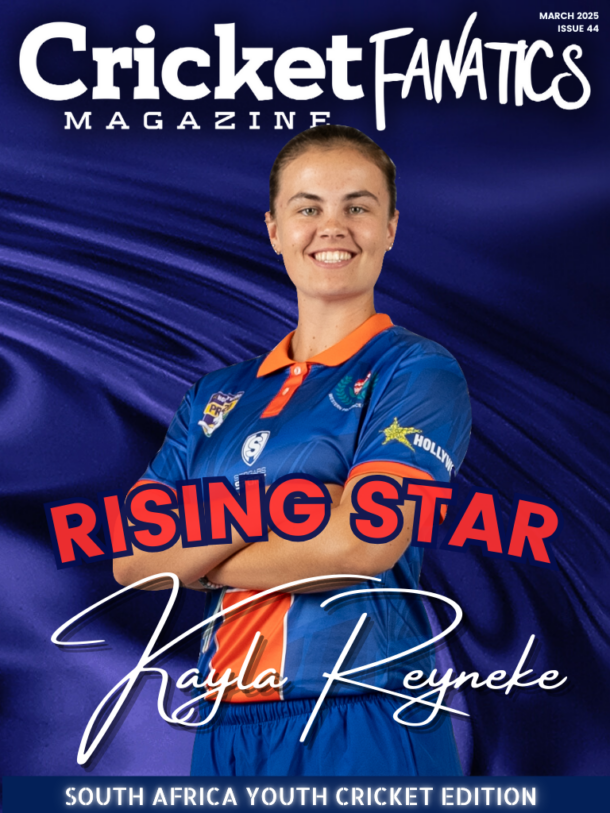This article was published in Cricket Fanatics’ December 2022 edition.
Reputable coach and Proteas legend, Gary Kirsten, believes that South Africa’s infamous choker’s tag at ICC tournaments isn’t an illusion and that the players need to face the reality that this mental stigma poses.
The Proteas had particularly suffered an abrupt collapse at the recent T20 World Cup in Australia, where England was crowned champions. But for large parts of their group stage, the South Africans were even deemed by many to be favourites after their scintillating and clinical victories over Bangladesh and India.
That Protea fire was then soon extinguished when they lost to Pakistan and then the low-ranked Netherlands, the latter of who had to qualify for the World Cup and who’d essentially knocked SA out of the tournament.
The outcome – and subsequent result – of their World Cup exit came as a shock to many, with that irksome choker’s tag leading many conversations over their post-tournament autopsy.
Kirsten, who served as a consultant for that same overthrowing Netherlands outfit, insists that the Proteas remain a “very good” team, but that this continuous World Cup blemish can no longer be ignored.
“One can understand them losing to Pakistan – Pakistan can beat anyone on any given day – but it was a surprise when they lost to the Netherlands,” Kirsten admitted when speaking to Cricket Fanatics Magazine.
“For us, it just comes down to those World Cups again – where we’re at mentally in those World Cup events. I definitely think there is some scarring from the past. I think one has to deal with it head-on and work out potential ways to manage it as best one can, but not pretend it doesn’t exist. It does exist.
“It’s not easy on the players, that’s for sure, because everyone starts to talk about it again and the hype gets up more when we get closer to those crucial games. So it’s quite tough to ignore.
“It requires a lot of experience of what’s happening within the team to help the players cross the line.”
The 55-year-old, who played 101 Tests and 185 ODIs for the Proteas between 1993 and 2003, and who coached India to ODI World Cup glory in 2011, indicated that there is no clear-cut solution to this mental pitfall plaguing the Proteas side, perhaps due to its prolonged and lasting effects.
“I don’t think there is any silver bullet, to be honest,” Kirsten said. “There are a whole lot of things that have to fall into place. I think back to some of our really good World Cups of late – such as the 2015 one where we were unlucky to miss the final.
“The guys have had some good experiences at World Cups of late, but I think it’s gotten to a point where they have nothing to lose. You can go into these events knowing you’re not the favourites, and that can certainly be of assistance.
“But I do think it’s probably not a bad idea for the powers that be, to come up with a different approach to what the team has tried to do in the past, to help them overcome the difficulty of the scarring that exists in that space.”
He added some philosophical wisdom and insight to those sentiments. “The definition of insanity is to do the same thing over and over and expect a different result.”
Kirsten, who enjoyed a rewarding experience with the Netherlands, an “associate country”, however, admitted the Proteas could’ve reaped some notable positives from their recently failed World Cup showing, especially with regards to the “way they put their campaign together”.
“They’ve had a lot of success as a T20 team, winning some important series against the best. I think they can take a lot of positives out of the way we play T20 cricket. I think it’s been very exciting.
“I think they need to continue on that journey. I don’t think there are any massive changes to make that will kind of shift things around to make the team better. The team is good.
“It’s not going to be easy to just say we have something else that will make it much better – the team has a high win ratio – and it’s just about their thinking around these World Cup events.”
Kirsten however noted that with the right amount of experience in a squad – with top-class coaching structures and enough preparation – a side would be giving themselves the best possible chance at international events.
This is something the Proteas can attempt to invoke in the future, especially looking ahead to the ODI World Cup in India in 2023.


